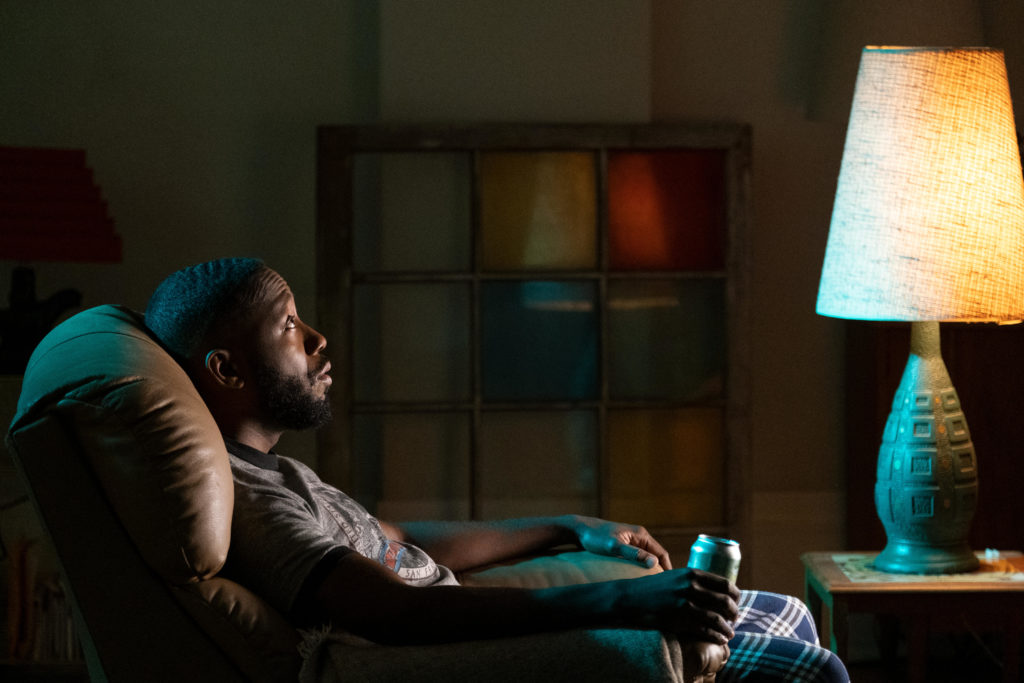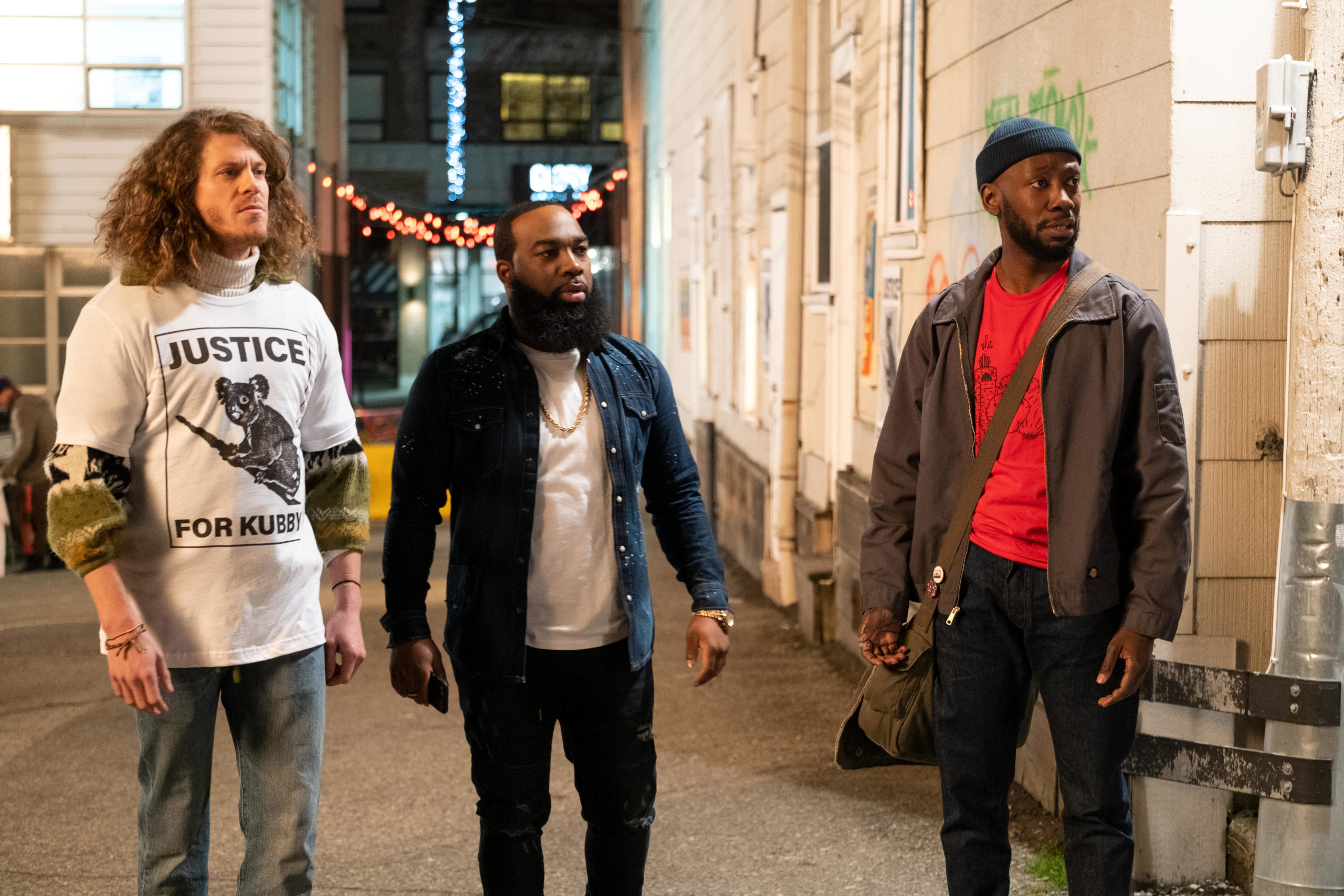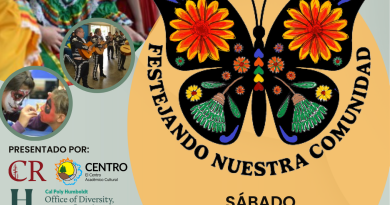‘Woke’: Cartoonist Keef Knight’s newfound experience on being Black in modern-day society
The newest Hulu series release “Woke” has brought attention to real-life situations about racism and how police brutality affects the lives of people in the Black community.
This series can represent people’s trauma to systemic oppression and make the audience understand why people of color and the Black community react angrily towards ignorant white folks.
The creator of the series, Keith Knight, is an American cartoonist and conveys a semi-autobiography through the protagonist, Keef Knight, a role played by actor Lamorne Morris who is a cartoonist in San Francisco and experiences police brutality for the first time and opens his third eye.

At the beginning of the show, Keef Knight is a cartoonist working for a white-based company that only wanted to share his “Toast-and-butter” work that was a big hit for the white folk. Since the “Toast-and-Butter” cartoon project was such a success, anything new or different wasn’t wanted or accepted by the company Keef Knight works for.
Before Keef Knight pitched his new ideas at his job, he experienced police brutality. He fit the description of the suspect that the police were looking for and without any clarification and hesitation, the police jumped and tackled Keef Knight. That scene was a moment of realization for Keef Knight that even people like him are targeted in this systemic world.
Keef Knight has two best friends, Gunther, a woke-hippie and Clovis who plays a very enthusiastic character that sends a message to all men about how he feels about women.
In a Youtube interview with The Real News Network Keith Knight says, “It’s definitely a more naive version of me in the show, I think we’re packing 30 years into eight episodes but when it happened to me it wasn’t as dramatic.”
Keith Knight explains how the show is a semi-autobiography of his work, life, and experience as a Black man in modern-day society.
This show has brought out topics that Keith Knight said weren’t as known when he was creating his cartoons early on in his career. He knew things had to get worse so people could react and begin to challenge society by educating themselves on systemic racism and ultimately for progress to grow and continue.




